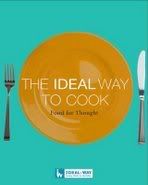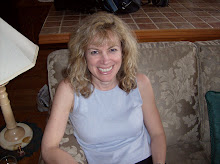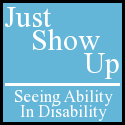As I stood in the hot sun, alternately rubbing my aching back and swatting away persistent horseflies, I had a moment of clarity. It's amazing how things become clearer when you step away from your daily routine and give yourself the gift of alone time.

I chose to weed so I could give myself permission to sit in silence, so to speak. To listen to my inner voice, and, hopefully, bring order to my life, in much the same way I was attempting to bring order to my unkempt garden. Like sticking to the same old exercises over and over again, I had created a set of daily tasks that no longer served me well. My creative muscle had become flabby.
I read somewhere that we need to "practice the discipline of periodic unavailability."
Susan Florence said, "Our lives are so busy - so full of people, and things to do. By spending time alone we can discover who we really are. We will see the things that are most precious and meaningful to our lives, and we will find a sense of calm and renewal."
As I weeded, I let my voice speak in the silence. It's as if clarity was waiting in the wings. Waiting for me to slow down... and listen. Ironically, it was in this solitary state that I thought a lot about the power of collaborating with others.
"The old saying "two heads are better than one" is most often true. I find collaboration not only stimulating to my own creative thinking but also empowering," said Bunnie Riedel in Nonprofit Conversation.
Over the past few years, research has focused on "improving the ability of the entire nonprofit/civil society to work together to achieve common social goals."
"For the first time, the Heart and Stroke Foundation joined with the Canadian Mental Health Association of Peterborough to host a charity golf tournament." "Homelessness charities that usually compete for funds are working together to help get their clients into jobs."
By coming together, providing the combined resources of many organizations, nonprofits can "provide a richer environment for the people they serve."
I walked away from my time alone fired up - and more than willing to work my creative muscle. A bonus gift was that I learned the power of gratitude. I’m grateful that more and more nonprofits are reaching out to other organizations of like mind, collaborating, merging, and sharing fundraisers. Our combined efforts will only benefit the intellectually disabled community.
Do you have any ideas on how nonprofits can more effectively work together?















































